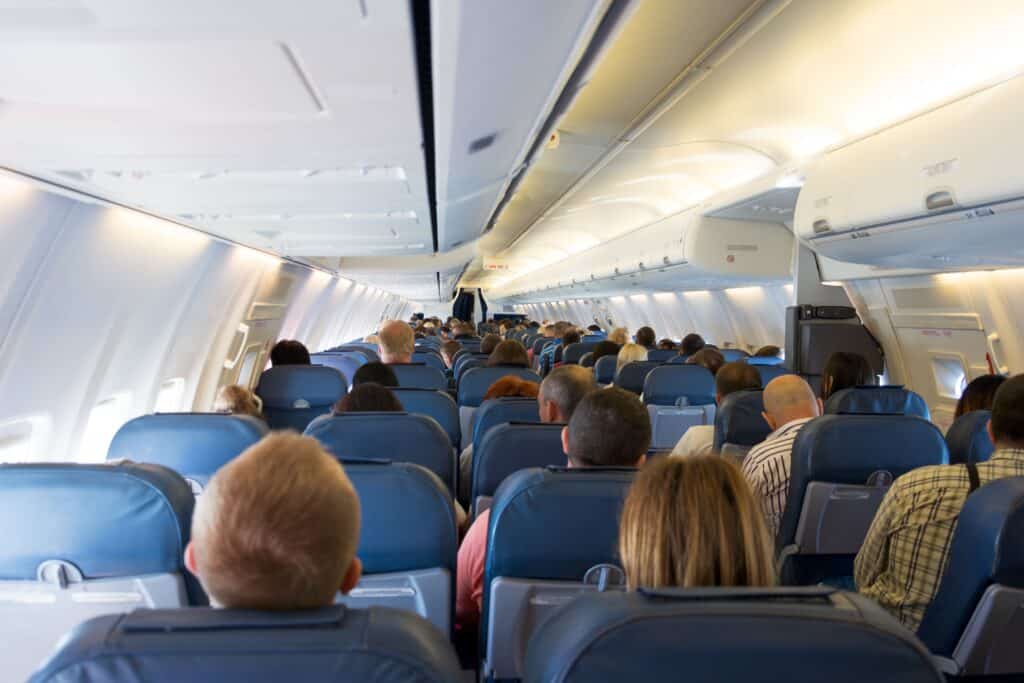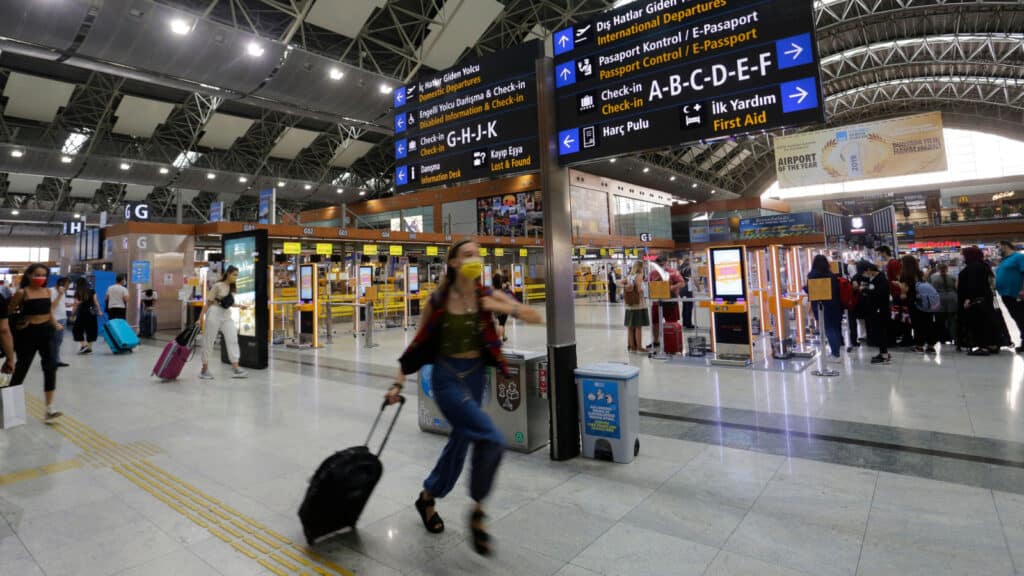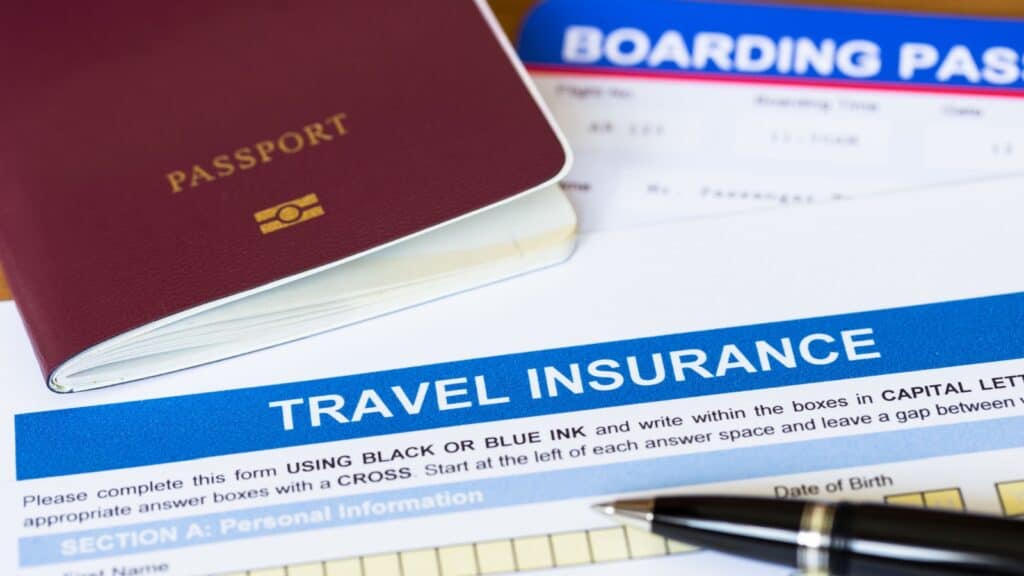12 Insider Tips to Snag the Cheapest Airline Tickets Every Time!
Air travel can be one of the most expensive parts of your trip, but with some strategy and timing, you can save a significant amount on your tickets. Whether you’re a frequent flyer or planning a once-in-a-lifetime vacation, knowing how to get the best deals on airline tickets is crucial. Here’s a guide to help you navigate the complexities of buying airline tickets, from the best days to book to the smartest strategies for setting up alerts and more.
Timing is Everything: When to Buy Airline Tickets

Timing plays a crucial role in getting the best deals on airline tickets. Here are some key timing strategies:
Best Days to Book

There’s a lot of debate about which days are best for booking airline tickets, but a consensus has emerged that Tuesdayand Wednesday are often the cheapest days to buy. Airlines typically announce deals on Monday evening, and by Tuesday, other airlines have started to match those prices, leading to lower fares.
Best Days to Fly

If your travel dates are flexible, flying on Tuesdays, Wednesdays, and Saturdays often results in the cheapest fares. These days tend to have less business travel, which usually drives up prices. Conversely, Friday and Sunday are generally the most expensive days to fly, as they are popular with both leisure and business travelers.
Optimal Booking Window

The best time to book domestic flights is generally between 1 to 3 months in advance. For international flights, booking 3 to 6 months ahead is usually ideal. However, this can vary depending on the season, destination, and current demand. Booking too early can sometimes mean you miss out on better deals, and booking too late can result in sky-high prices.
Understanding Fare Alerts and Price Tracking

One of the best ways to secure a great deal is to set up fare alerts. These tools track prices for your desired route and notify you when prices drop. Here’s how to use them effectively:
- Use Fare Alert Tools: Several websites and apps allow you to set up fare alerts. Google Flights, Kayak, Skyscanner, and Hopper are some of the most popular platforms. By inputting your preferred route and dates, these tools will notify you when prices drop or if there’s a significant change in fare trends.
- Price Tracking: Sites like Google Flights and Hopper also offer price prediction features. These tools analyze historical data and current trends to predict whether the price is likely to go up or down in the near future. If prices are expected to drop, you might want to wait a bit before purchasing your tickets.
- Flexibility Alerts: If you’re flexible with your travel dates, use the “flexible dates” feature on these platforms. This option shows you the cheapest days to fly within a certain period, allowing you to adjust your plans for the best deal.
Utilizing Airline and Travel Apps

Airline and travel apps are invaluable for snagging last-minute deals or being the first to know about a sale.
- Airline Apps: Download apps for the airlines you fly most frequently. Airlines often offer exclusive deals to app users, including last-minute sales and notifications about price drops.
- Travel Apps: Apps like Hopper and Skyscanner not only provide alerts but also allow you to track fares over time, giving you insights into when to book. Some apps, like Airfarewatchdog, focus specifically on finding and notifying you about deals and mistake fares.
- Credit Card Alerts: Many travel credit cards offer alerts and special deals for cardholders. Some cards even provide discounts or points multipliers when booking through their portals. Be sure to sign up for these alerts to maximize your savings.
The Last-Minute Myth: Is It a Good Idea?

While booking last-minute flights can sometimes lead to good deals, it’s generally a risky strategy.
- When Last-Minute Works: Last-minute deals are more common for leisure routes with low demand. If you’re flexible with your destination and dates, you might find a bargain. Airlines sometimes drop prices to fill seats close to the departure date, but this is more of an exception than the rule.
- The Risk Factor: If you have a specific destination or date in mind, waiting until the last minute can backfire. Prices often spike as the departure date approaches, especially for popular routes or during peak travel times. It’s usually better to book within the optimal window mentioned earlier rather than counting on last-minute discounts.
Additional Tips for Finding the Best Deals

Here are a few extra tips to help you save on your next flight:
Use Incognito Mode

When searching for flights online, use your browser’s incognito mode. Travel sites often track your searches and may increase prices if they see you repeatedly searching for the same route. Incognito mode prevents this by hiding your browsing history.
Consider Nearby Airports

If you’re flying to a major city, check prices for nearby airports. Sometimes flying into or out of a secondary airport can be significantly cheaper, even after accounting for the cost of getting to your final destination.
Take Advantage of Stopovers

Some airlines offer free or discounted stopovers in their hub cities. This can be a great way to explore an additional destination without paying extra. Websites like AirWander allow you to search for flights with extended layovers, turning a layover into an additional mini-trip.
Sign Up for Newsletters

Sign up for newsletters from airlines and travel deal websites like The Flight Deal or Scott’s Cheap Flights. These newsletters often feature flash sales and mistake fares that can save you hundreds of dollars.
Leverage Points and Miles

Frequent flyer programs and travel rewards credit cards can provide significant savings on flights. Even if you don’t travel often, you can accrue miles or points through everyday purchases. When combined with a good sale, these rewards can drastically reduce your airfare costs.
Be Aware of Luggage Fees

Budget airlines often offer the lowest fares but compensate by charging high fees for luggage, seat selection, and other extras. Before booking, calculate the total cost including these fees to ensure you’re actually getting the best deal.
Let’s Fly Away!

Getting the best deal on airline tickets requires a mix of timing, strategy, and a bit of flexibility. By booking on the right days, using fare alerts, and taking advantage of tools like incognito mode and nearby airports, you can save a substantial amount on your next flight. While last-minute deals do exist, they’re unpredictable and should be approached with caution. Instead, focus on planning ahead, setting up alerts, and being flexible with your travel dates to find the best prices. Happy travels!
How to Spot Travel Scams and Ensure a Smooth Vacation: 17 Tips For Traveling Safely

Planning vacations can be exciting, and nerve-wracking. Are we getting the best prices? Is it safe to travel where we want to go? How do we know if a site or business is reputable for making reservations? The Federal Trade Commission (FTC) has recently issued a cautionary message aimed at empowering travelers to distinguish between genuine opportunities and potential scams, and there are some well-known prudent approaches that we should all make sure to adhere to.
As you gear up for your much-anticipated trip, here’s a guide packed with invaluable insights to ensure a smooth, safe, and scam-free travel experience.
READ: How to Spot Travel Scams and Ensure a Smooth Vacation: 17 Tips For Traveling Safely
Your Guide To Landing Refreshed: Best Red-Eye Travel Strategies

Where are you traveling to? Somewhere exotic, or a favorite place you return to again and again? Are you taking an overnight “red-eye” flight? There is a reason why they call it a “red-eye”!
We asked some travel experts and frequent flyers for their best tips.Read: Your Guide To Landing Refreshed: Best Red-Eye Travel Strategies
Join Us

Join us on this empowering journey as we explore, celebrate, and elevate “her story.” The Queen Zone is not just a platform; it’s a community where women from all walks of life can come together, share their experiences, and inspire one another. Welcome to a space where the female experience takes center stage. Sign up for our newsletter so you don’t miss a thing, Queen!







